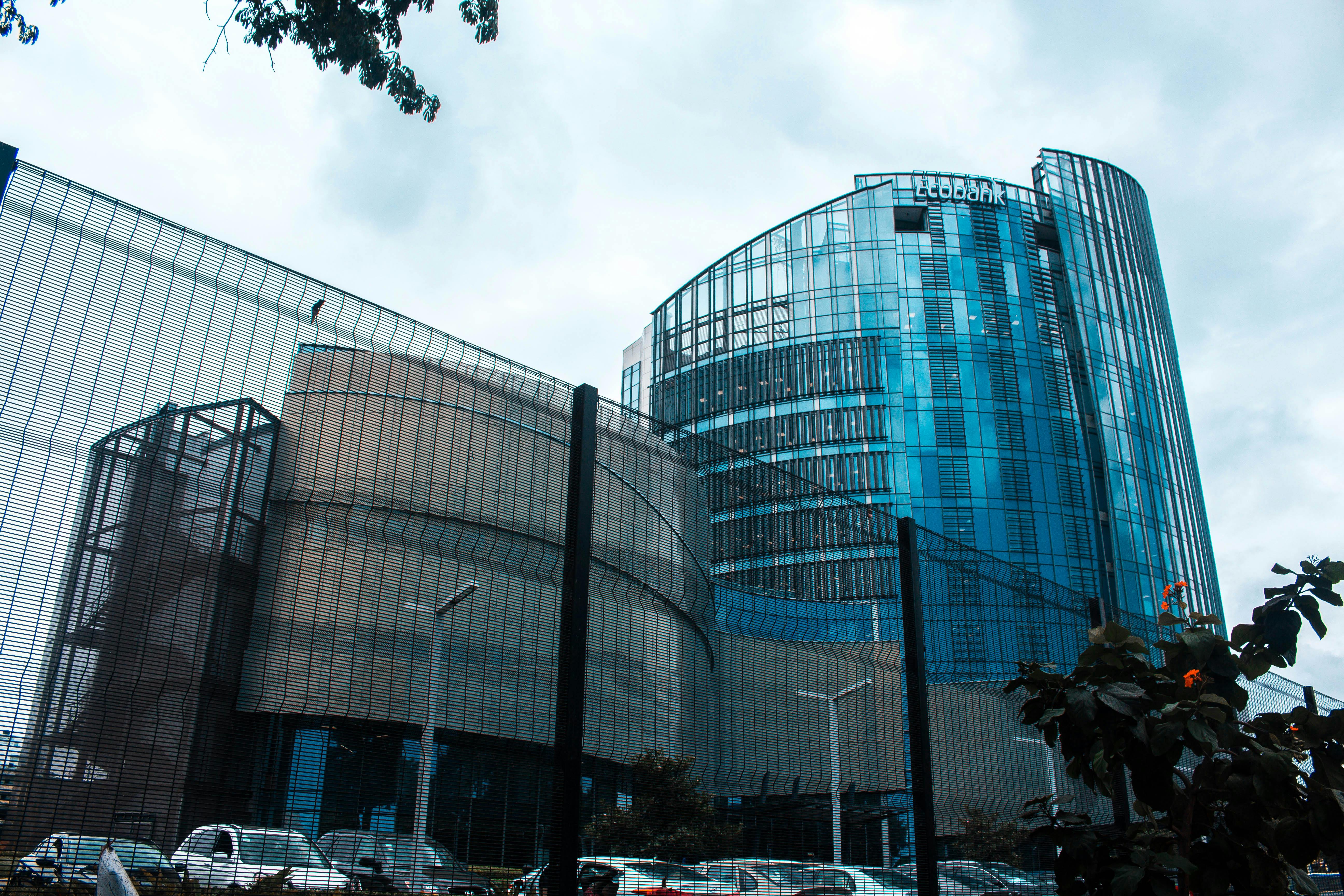The European Union
The European Union (EU) is a supranational and intergovernmental union of 27 states. It was established in 1992 by the Maastricht Treaty. The EU is the fifth stage (currently in the economic and monetary union stage) of a continuous and indefinite process of economic integration. Considered as a single entity, the European Union has the largest economy in the world; it has grown at around 2.8% per year so far this century. In 2006, it was estimated that 3.5 million jobs were created in the Eurozone.
multinational corporations
Multinational corporations are seen as stateless organizations that reinforce the globalization process and lead to the emergence of a more universal business culture (which can benefit the EU). Multinational corporations rise above the traditions of a given nation state and its culture. This in practice would make the national identity of multinationals useless, since they are considered stateless. When operating within Europe, it is considered a Eurocompany regardless of its origins. Multinational corporations are seen as inter-organizational networks that enable the transfer of knowledge and best practices across national and functional boundaries. It is assumed that in multinationals, functional structures are transformed into less centralized network relationships and not simply coordinated from headquarters. They are also said to instigate changes in the external environment (ie the market).
Despite widespread criticism of multinational companies, they have made an unprecedented contribution to the development of Eastern Europe over the last 15 years. They have provided opportunities for young people, improved working conditions, saved communities from destitution, rehabilitated corrupt banking systems, and built a modern telecommunications network. Its exports have fueled economic growth; their presence has galvanized civil society. The impact has not always been positive, but its power and dynamism, if harnessed effectively, can help defeat poverty elsewhere as well.
the eurozone
The Eurozone is the subset of member states of the European Union that have adopted the euro, creating a monetary union. Monetary policy is controlled by the European Central Bank. The introduction of a single currency within a given region generally has economic benefits as well as economic costs. A single currency removes the ability to adjust prices between different economic regions through changes in the exchange rate. Previously, countries could adjust prices to avoid any economic shock. However, freedom of movement of labor has been adopted so that people can relocate from different areas within a region suffering from an economic downturn to another that is more preferable. In addition, a single currency reduces the transaction costs of buying and selling goods since there is no need to exchange currency. Multinational corporations (or a Eurocompany for that matter, which is essentially a European multinational corporation), operating in a variety of different currencies, would see a substantial decrease in the cost of managing revenue and overall costs would be dramatically reduced. Foreign exchange risks and the cost of getting these risks wrong are also considered a major cost of multinational corporations; this is eliminated with the adoption of a single currency. Finally, the European Central Bank can concentrate on its main objectives; to control prices and regulate inflation, since the central bank generally has no political influence.




Recent Comments